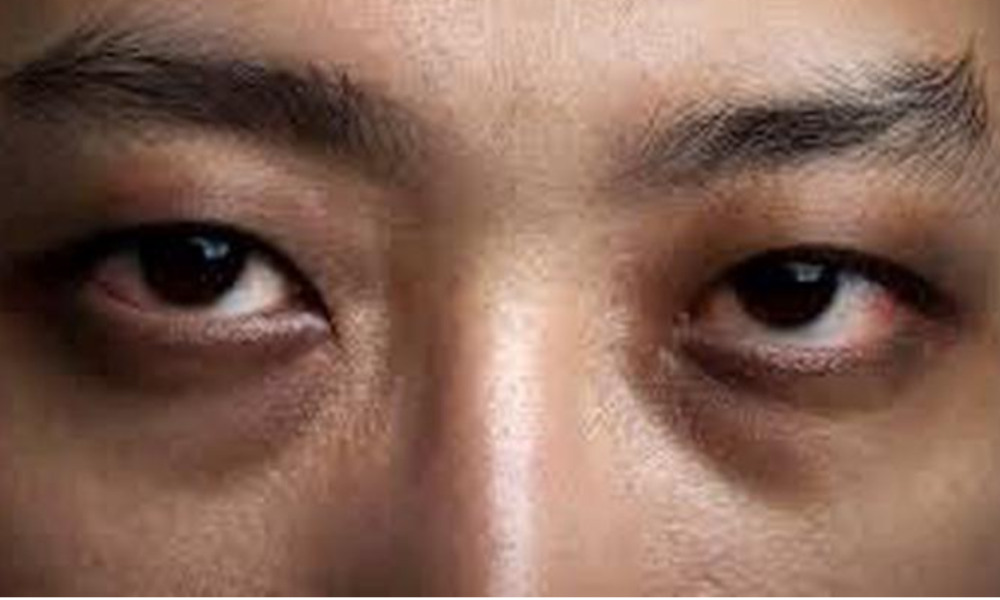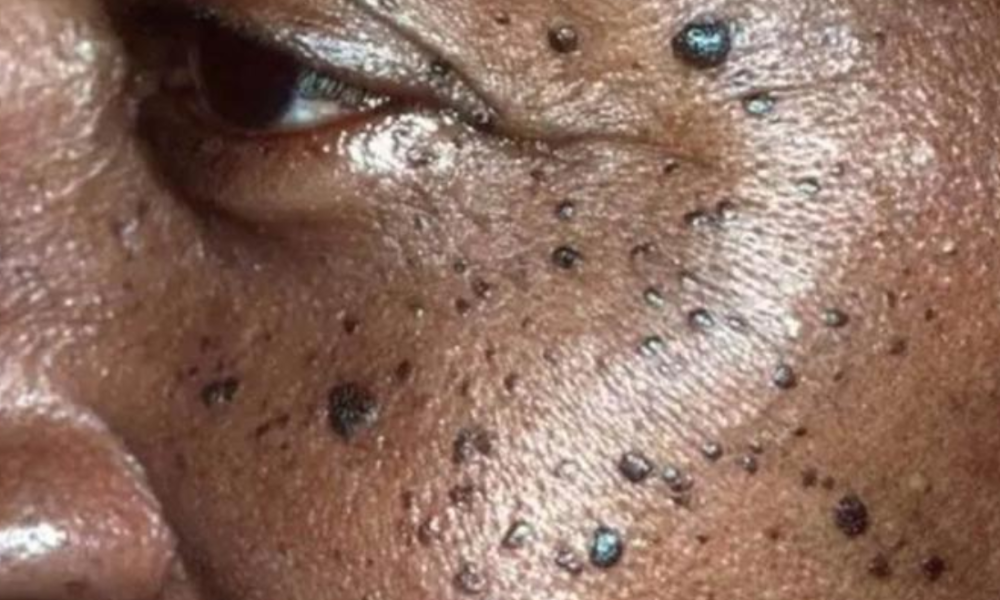Recognizing signs of drug use in a child can be distressing for any parent, but early detection and intervention are crucial. Here are some common signs that might indicate your child is using drugs:…Click Here To Continue Reading>>
1. **Changes in Behavior**: Sudden shifts in behavior can be a red flag. Look for increased secrecy, mood swings, irritability, or unexplained euphoria.
2. **Physical Signs**: Bloodshot eyes, frequent nosebleeds (if snorting drugs), tremors, or sudden weight loss or gain without explanation can indicate substance use…Read Full Story…>>
3. **Changes in Friend Group**: A sudden change in friends or reluctance to introduce new friends could signify involvement with peers who use drugs.
4. **Decline in Academic or Work Performance**: Deterioration in grades, frequent absences, or loss of interest in activities they once enjoyed might be linked to drug use.
5. **Neglect of Personal Hygiene**: Disregard for personal grooming, unusual body odors, or changes in appearance can be signs of neglect related to drug use.…Click Here To Continue Reading>>
6. **Financial Issues**: Sudden requests for money without a clear purpose or missing money or valuables from the household might indicate funding drug purchases.
7. **Paraphernalia**: Discovering drug-related items like pipes, needles, lighters, or small bags can be a definitive sign of drug involvement.
8. **Changes in Sleeping Patterns**: Insomnia or excessive sleepiness can be indicators of substance abuse.
9. **Physical Health Issues**: Recurrent illnesses, frequent headaches or nausea (which might be withdrawal symptoms), or unexplained injuries could be linked to drug use.
10. **Behavioral Changes at Home**: Increased conflicts, withdrawal from family activities, or sudden changes in personality traits are all worth investigating.
If you suspect your child is using drugs, it’s important to approach the situation calmly and with empathy. Initiating an open and non-judgmental conversation is crucial. Listen actively to their concerns and experiences. Avoid accusations but express your observations and worries. Seek professional help if needed, such as a counselor, therapist, or physician who specializes in substance abuse. Early intervention increases the chances of successful recovery and prevents long-term harm. Remember, addressing drug use in a supportive manner can strengthen your relationship with your child and help them navigate through this challenging time.
…Click Here To Continue Reading>>
…Click Here To Continue Reading>> …Click Here To Continue Reading>> …Click Here To Continue Reading>>







